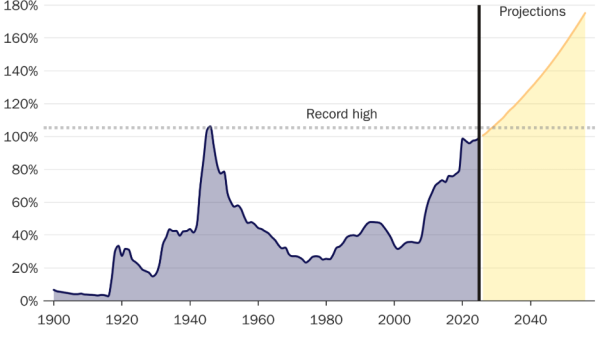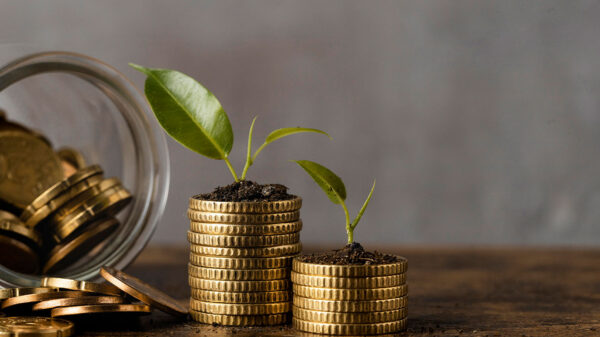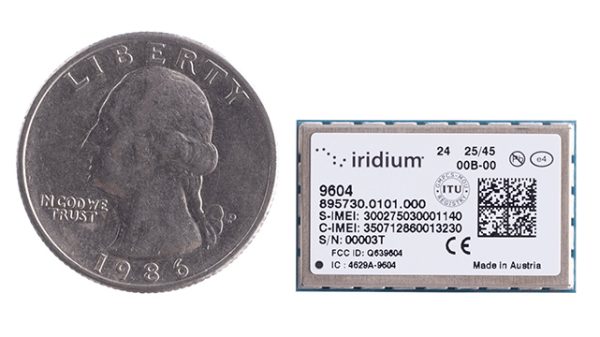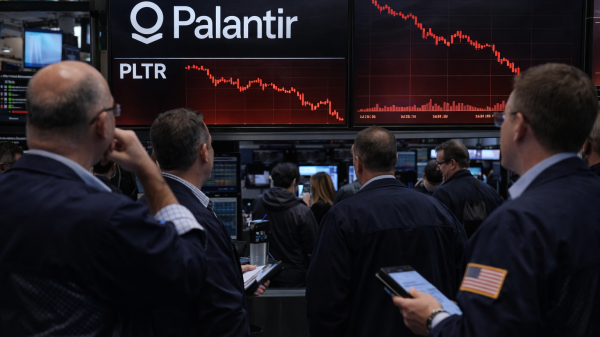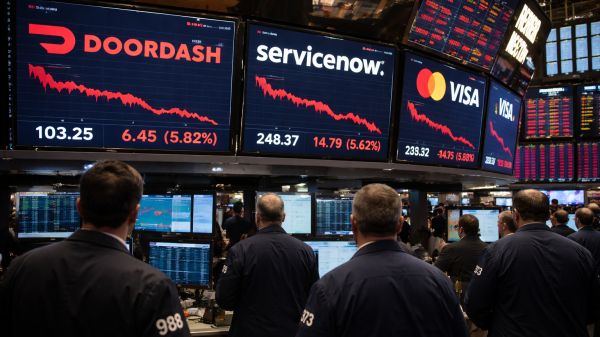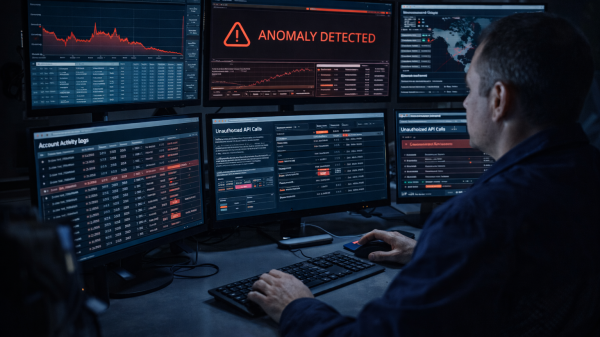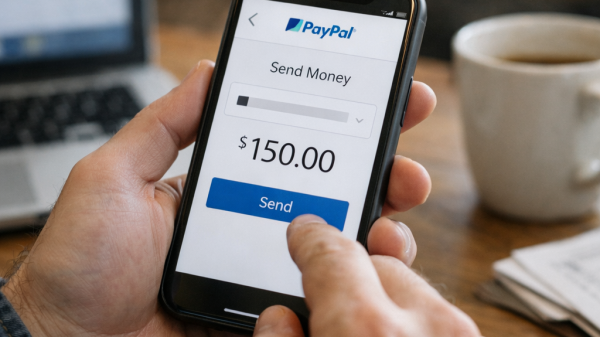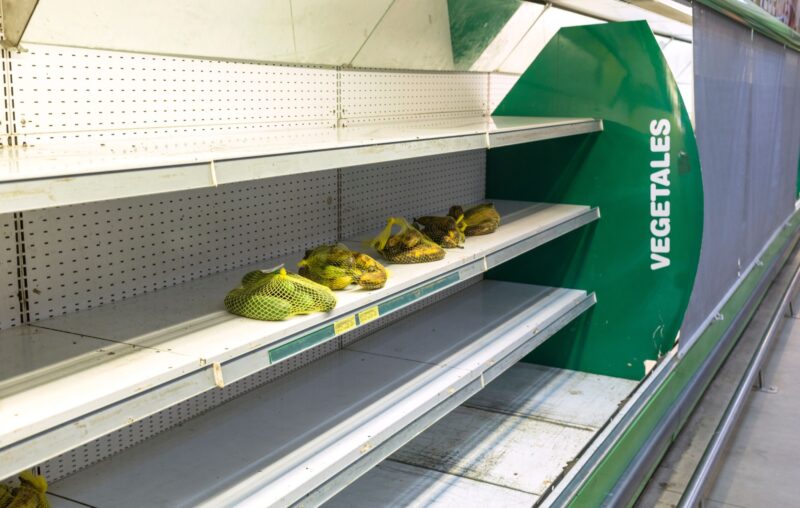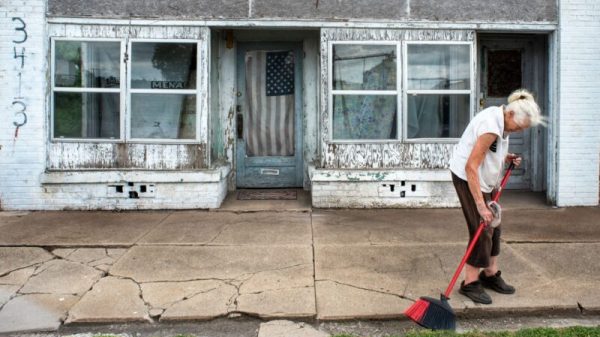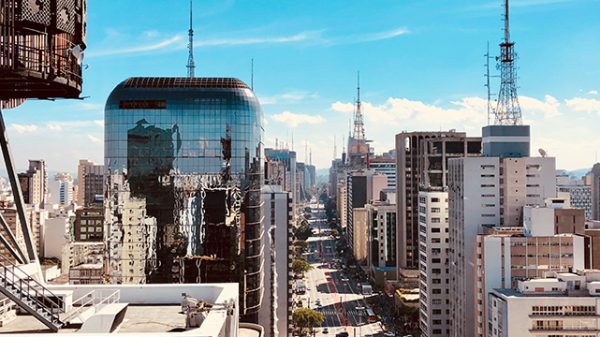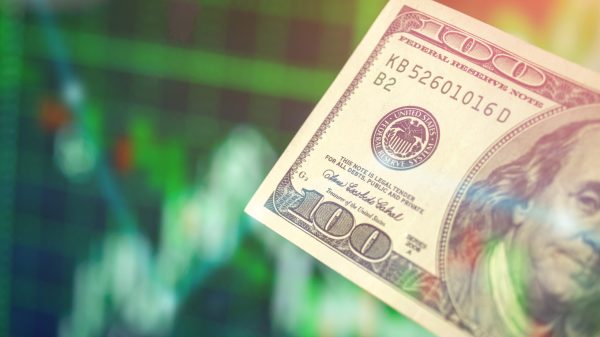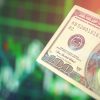Things are rarely so bad that decisive action by government officials can’t make things worse.
In the current election, the Republicans are trying to outdo each other by proposing larger and more restrictive tariffs. The Democrats have just come out with a remarkably bad plan to outlaw “price gouging,” particularly for groceries.
Such proposals get more attention from politicians at election time, because to get votes you have to show you did something. The fact that the right thing is to do nothing is hard for politicians to accept, because no one can claim credit for the market.
I’m not trying to make a partisan point, because as I noted above there are ill-advised proposals on both sides of the party divide. And I’m not claiming markets are perfect. The problem is that asking voters what they want prices to be is a recipe for becoming…. well, Venezuela.
In 1981, about half of Venezuela’s population was living on the equivalent of $10 per day or less (the number for the US was less than 5 percent). That number was flat until 1992, the year that Hugo Chavez launched his unsuccessful coup attempt against the corrupt regime of President Carlos Andrés Pérez. Pérez was forcibly removed from office in 1993; officially, he was removed for embezzlement — which he did in fact do — but even more for showing a near-total inability to deal with social unrest over the collapse of the economic system, even with substantial oil revenues to fill government coffers.
Chavez was pardoned in 1994, and in 1998 he was elected to the Presidency. He immediately worked to deepen and expand the “Bolivarian Revolution,” focused on social welfare programs, nationalizing key industries, and “democratizing” the market system. As long as oil prices were high, and people were satisfied with essentially free electricity as a handout, the “Chavismo” regime was politically successful.
But Chavez died in 2013. His successors tightened and expanded the grip of their socialist philosophy, and GDP went into free fall. Where GDP per capita had been well over $18,000 US in 2013, today it has fallen to around $5,000, a decline of more than 70 percent for an oil-rich nation.
The situation eroded quickly, reaching an early head in the summer of 2015. Prices were skyrocketing because of inflation, caused by the government using newly printed money to pay off debts and make payroll. But the government had accused corporations that ran large grocery chains of “price-gouging.”
I remember reading about this at the time, and in a way I still can’t quite believe it, nearly ten years later. In July 2015, a massive police contingent raided a hoard of food and grocery products in Caracas. They found tons of food and groceries, which they then distributed for free to people in the street, thereby “liberating” the necessities from the hoarders.
The unbelievable part is that the “hoarder” was Empresas Polar, a giant grocery and food retail conglomerate. The “hoard” was a warehouse, a large distribution center where trucks delivered pallets of wholesale food items, and from which shipments went out to local retailers. It’s not really surprising that an enormous building designed to store food would have a lot of food in it.
But once the warehouses were raided, and the contents donated to the public, prices of food immediately tripled, or more, if food could be obtained at all. Groceries all closed, because their supply chains were cut off by the anti-gouging order. Seizing a warehouse full of food meant that a few thousand people got food for “free” for one day, but suppliers immediately tried to get their shipments sent elsewhere, before they could be “liberated” by the “representatives of the people” working for President Nicolas Maduro.
I should emphasize again that I am not trying to make a partisan point. Venezuela, at a time when it was having trouble feeding its population, also imposed very large tariffs on imported agricultural and other imports, thereby raising prices for consumers even further. But those policies pale in significance when compared to the price control fiasco.
Now, for the bad surprise: the US seems to be well on its way this summer, traveling down “The Road to Venezuela.” In a speech right here in my home town of Raleigh, North Carolina, Vice President Harris announced on August 16 that she would place controls on grocery prices.
As attorney general in California, I went after companies that illegally increased prices, including wholesalers that inflated the price of prescription medication and companies that conspired with competitors to keep prices of electronics high. I won more than $1 billion for consumers. (Applause.)
So, believe me, as president, I will go after the bad actors. (Applause.) And I will work to pass the first-ever federal ban on price gouging on food.
Problems with a federal law on “price-gouging” have been pointed out by others. That would require a benchmark of what the price should be, and a limit on how much grocers could charge. The proposal is also likely a violation of the Tenth Amendment, which reserves “police power” (which surely includes retail point-of-sale prices), to the states, rather than the federal government. On the other hand, interstate commerce might be expanded to encompass these kinds of sales, for large companies at least.
The real problem is the merits of price controls, rather than problems with enforcement. This description, from X (nee Twitter), spells out the generic step-by-step process, accurately identifying what happened in Venezuela and what could happen in the US.
This article, in the New York Times points out unequivocally that there are good reasons to recognize that intentional price manipulation by grocery chains in the US played at most a minor role:
Consumer demand was very strong. Fed and congressional efforts to boost households and businesses during the pandemic, like the $1,400 payments for individuals Mr. Biden signed as part of the economic rescue plan early in 2021, fueled consumption.
“If prices are rising on average over time and profit margins expand, that might look like price gouging, but it’s actually indicative of a broad increase in demand,” said Joshua Hendrickson, an economist at the University of Mississippi who has written skeptically of claims that corporate behavior is driving prices higher. “Such broad increases tend to be the result of expansionary monetary or fiscal policy — or both.”
Ten years ago, Venezuela set out on a path to economic ruin and grave shortages of basic consumer goods, because of price controls on groceries and other products. Is the US really going to travel on the same road?

